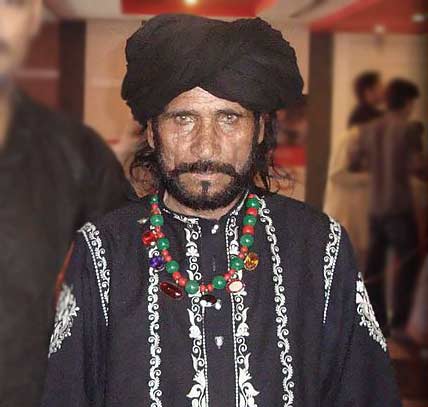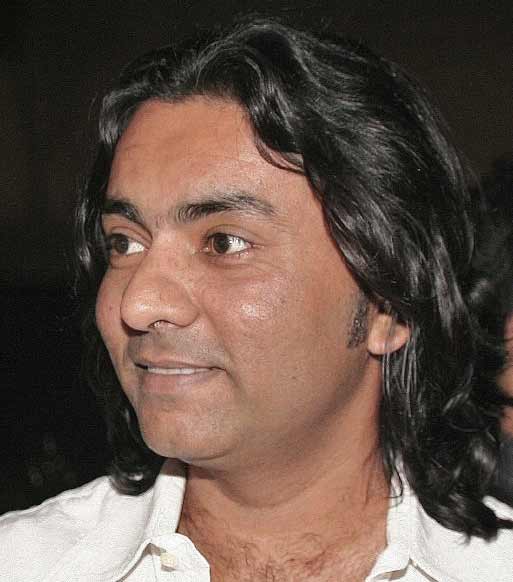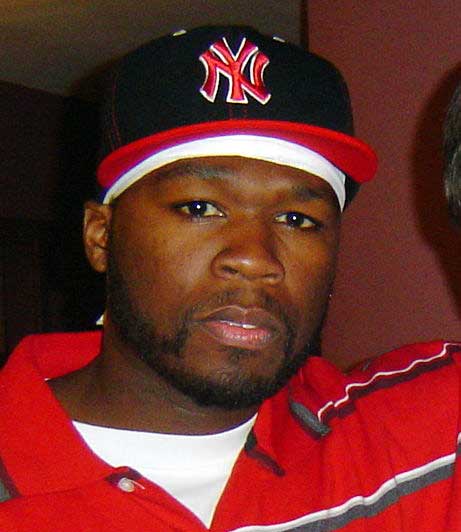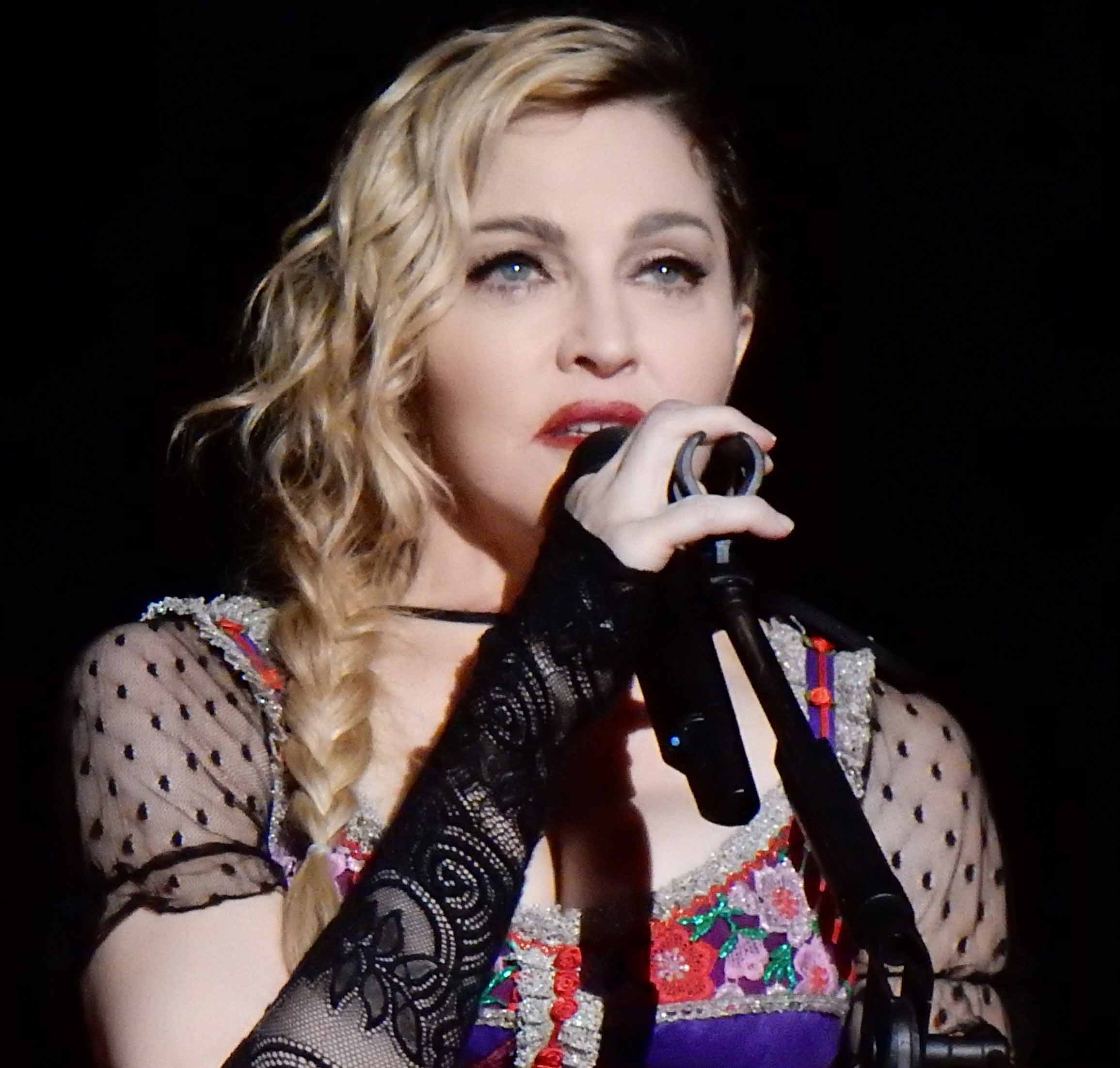
Quick Facts
| Fact | Details |
|---|---|
| Date of Birth | 25 February 1943 |
| Place of Birth | Liverpool, England |
| Date of Death | 29 November 2001 |
| Place of Death | Los Angeles, California, US |
| Occupation | Musician, singer, songwriter, music and film producer |
| Years Active | 1958–2001 |
| Net Worth | $400 million |
| Spouses | – Pattie Boyd (m. 1966; div. 1977) – Olivia Arias (m. 1978) |
| Children | Dhani Harrison |
| Genres | Rock, pop, Indian classical |
| Instruments | Guitar, vocals, sitar, keyboards |
| Labels | Parlophone, Capitol, Swan, Apple, Vee-Jay, Dark Horse, Gnome |
| Formerly of | The Quarrymen, The Beatles, Plastic Ono Band, Delaney & Bonnie and Friends, Traveling Wilburys |
| Notable Achievements | – Lead guitarist of the Beatles – Known as “the quiet Beatle” – Introduced Indian instrumentation and Hindu-aligned spirituality in the Beatles’ work |
| Notable Songs | – “Taxman” – “Within You Without You” – “While My Guitar Gently Weeps” – “Here Comes the Sun” – “Something” |
| Notable Works | – Triple album “All Things Must Pass” – Hit single “My Sweet Lord” – Organized the 1971 Concert for Bangladesh |
| Honors | – Ranked number 31 in Rolling Stone magazine’s list of greatest guitarists of all time – Two-time Rock and Roll Hall of Fame inductee |
| Death Cause | Numerous cancers |
| Legacy | Left an estate of almost £100 million |





